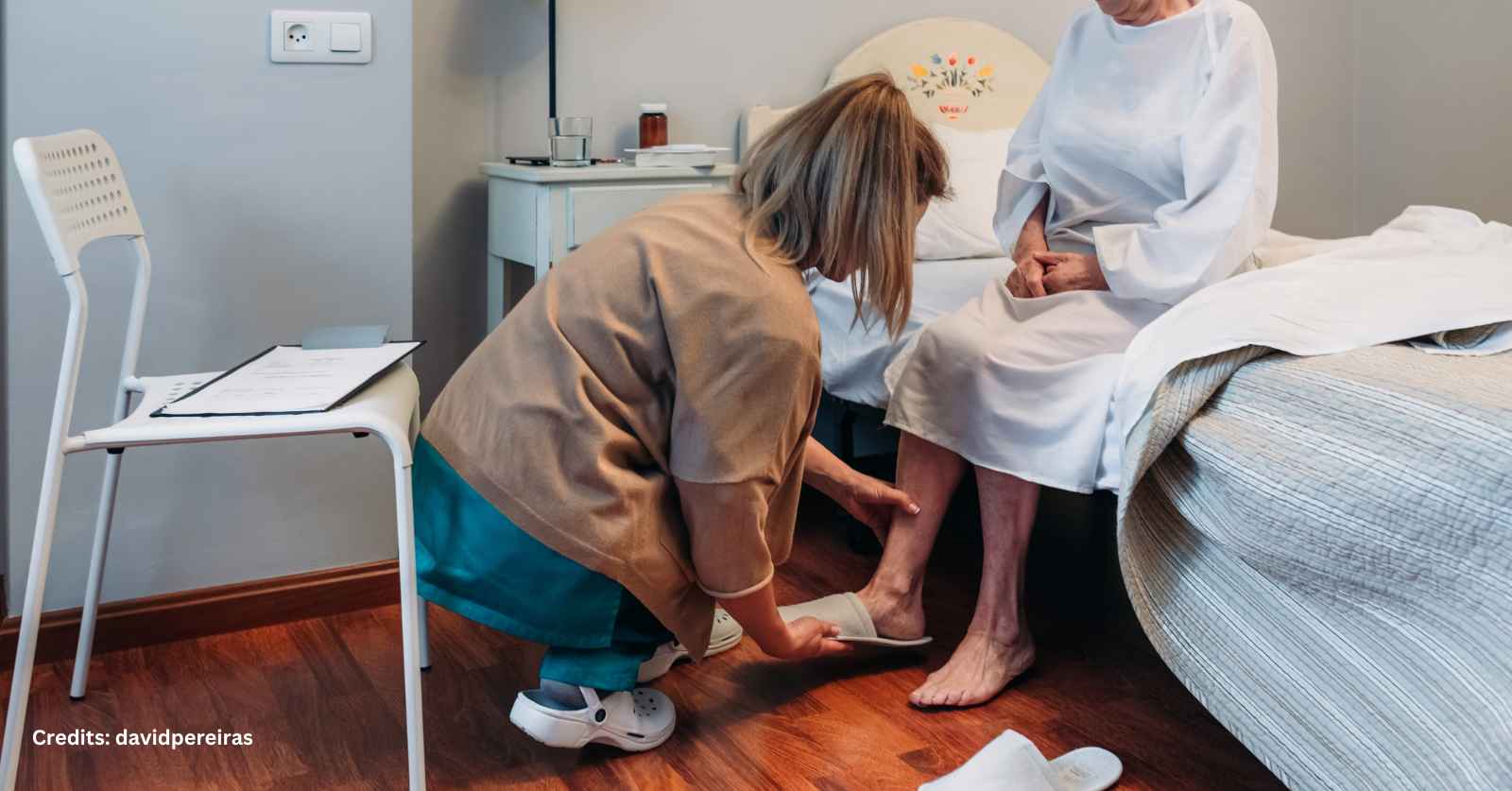An Australian-first research study conducted by Flinders University sheds light on the concerns and experiences of individuals with lived experience of mental illness regarding mental health monitoring technologies.
While monitoring technologies offer potential benefits, they often raise power-related issues, leading to fear and distrust among users. The study highlights the need for greater involvement of individuals with mental illness in the design of mental health care monitoring technologies, addressing their specific needs and concerns, emphasising the importance of co-design, respect, empowerment and the role of informal carers in the recovery process.
Conducted by Flinders University’s Digital Health Research Lab, the research reveals that individuals with lived experience of mental illness face power imbalances, stigmatisation and disempowerment, which can be traumatic. The sensitive and stigmatised nature of mental health contributes to these experiences, necessitating a more inclusive and user-centric approach to technology design.
Over a two-year consultation focusing on how to redesign mental health service processes with monitoring technologies, participants identified broad problems in areas of agency, access, interactions with health professionals and health systems, medication management and self-monitoring.
“Monitoring is an integral part of taking care in mental health,” explains Associate Professor Niranjan Bidargaddi. “The rate of relapse in the first five years following initial treatment can be as high as 80%, yet the more that people’s mental health deteriorates with each relapse the harder it is to recover. Early treatment and intervention are critical.”
However, during an in-depth, multi-year consultation co-design study of mental health monitoring technologies, the researchers found that consumers whose life is mostly lived indoors will readily ignore prompts that overwhelmingly focus on the benefits of outdoor exercise, or will fail to understand the crucial support that carers offer.
One participant in the research admitted: “Yes, I make my own medication adjustments… this really enables me to minimise my medication and minimise the side effects.”
Another of the research participants told them: “The actual range of side effects has never been discussed with me on any drug that I’ve had.”
Furthermore, numerous mental health apps have failed due to a lack of co-design consultation. Problem areas include low usability, engagement, knowledge and the need for more training/support.
“Our findings underline the importance of co-design in this context, and the consumer’s motivation to feel respected and empowered to regain a sense of wellbeing during their recovery process,” says research co-author Bronwin Patrickson, from Flinders University’s Digital Health Research Lab.
“They want to feel rehumanised and shift the focus towards recovery. The often-undervalued but essential contributions that informal carers such as family members can also influence consumer recovery as well.”
Problems identified by the researchers included smartphone ownership being funded by the NDIS but not the data plans that enable those phones to be used.
Priority sites for app design intervention include the strengthening of social and interpersonal support, on the proviso that these personal and social connections are balanced by strong consent procedures and boundary-setting.
“Incorporating in-depth knowledge of the lived experience of mental illness and the broader contexts of mental health care through consumer and carer co-design is strongly recommended,” says Ms Patrickson.
The researchers say that while these findings are of interest for the general public, they are especially relevant for health care professionals, digital health designers and policy makers.
The research – “In-Depth Co-Design of Mental Health Monitoring Technologies by People with Lived Experience”, by Bronwin Patrickson, Mike Musker, Dan Thorpe, Yasmin van Kasteren, Niranjan Bidargaddi and The Consumer and Carer Advisory Group (CCAG) – has been published by Future Internet.
Source: Flinders University.
Ritchelle is a Content Producer for Healthcare Channel, Australia’s premier resource of information for healthcare.




























Upcoming Events
6th Annual Aged Care Week
June 25, 2025
Subscribe
We send emails,
but we do not spam
Join our mailing list to be on the front lines of healthcare , get exclusive content, and promos.